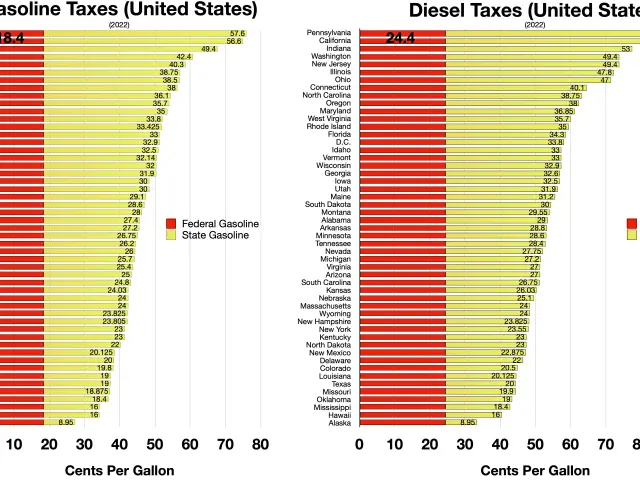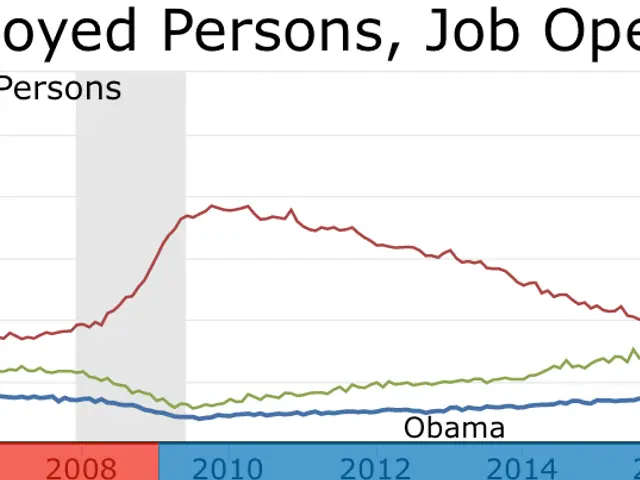Trump EPA Delays Coal Plant Wastewater Rule, Citing Short-Term Savings
The Trump administration has delayed an EPA rule aimed at reducing wastewater pollution from coal power plants, a move that could potentially lower American electric bills in the short term but may have long-term environmental and financial consequences.
Coal power plants discharge wastewater containing various harmful substances, including mercury, lead, cadmium, and nitrogen, into drinking water sources. Among these contaminants is bromide, a chemical that can pose health risks at high levels.
The EPA had proposed a rule to strengthen water pollution controls for these plants, but the Trump administration's EPA administrator decided to delay its implementation. The EPA's own analysis suggests that while this move may result in short-term savings, the long-term costs could be significant. These costs include potential environmental damage and increased expenses for water treatment facilities downstream.
The delayed EPA rule on coal power plant wastewater reduction aims to protect water sources and reduce long-term costs. Despite the potential short-term savings, the Trump administration's decision to postpone the regulation may have significant environmental and financial implications in the future.








